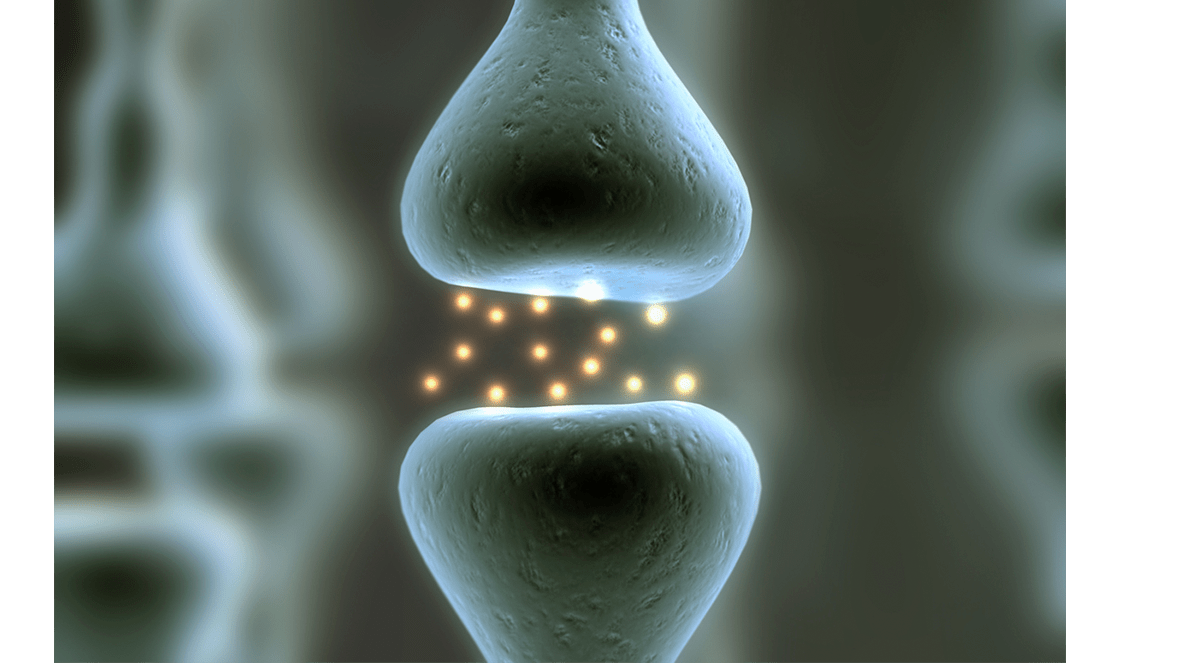To evaluate variables predicting improvement in obstructive sleep apnea (OSA) with hyoid suspension to thyroid cartilage 4-suture technique.
Sixty adult patients (age range 23-78 years) with OSA underwent hyoid suspension to thyroid cartilage with or without concurrent multi-level surgery over an eight-year period from 2011 to 2019 at a tertiary academic center. All patients had a preoperative apnea hypopnea index (AHI) ≥ 5. Changes in mean AHI, Epworth Sleepiness Scale (ESS), and lowest oxygen saturation (LSAT) were measured with paired Student t-test. Linear and logistic regression models were used to predict change in AHI and surgical success respectively with respect to body mass index (BMI), age, sex, previous sleep surgery, concurrent retrolingual surgery, concurrent palatopharyngoplasty, and preoperative AHI.
The mean AHI demonstrated a significant improvement from a preoperative AHI of 39.0 ± 25.5 to a postoperative AHI of 31.2 ± 23.4 (p = 0.005). The mean Epworth Sleepiness Score (ESS) significantly improved from 13.1 ± 6.0 to 9.2 ± 5.7 (p = 0.000012). Surgical success, defined as a 50% reduction in preoperative AHI to a postoperative AHI ≤ 20, was obtained in 18/60 (30.0%) patients. Preoperative BMI significantly correlates with variation of change in AHI in multivariable linear regression model (p = 0.003). Preoperative AHI was significant predictor of surgical success in multivariable logistic regression model.
The magnitude of improvement in polysomnographic parameters after hyoid suspension to thyroid appears to be more significant in patients with lower BMI. Even patients with an obese BMI and severe OSA achieve significant improvement from this procedure.
Copyright © 2021 Elsevier Inc. All rights reserved.
Variables predictive of surgical outcomes after hyoid myotomy with suspension to thyroid cartilage.


